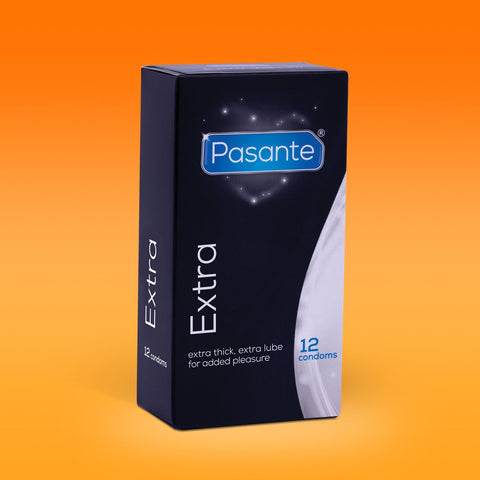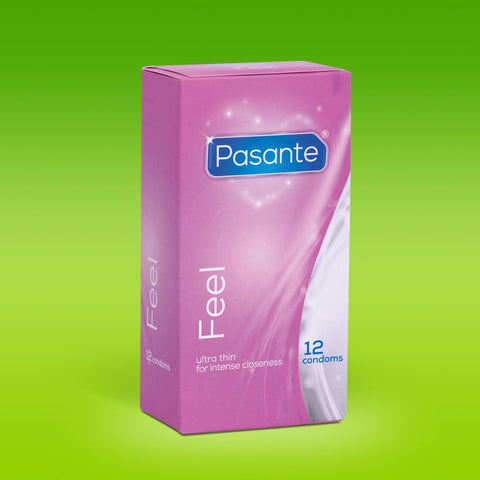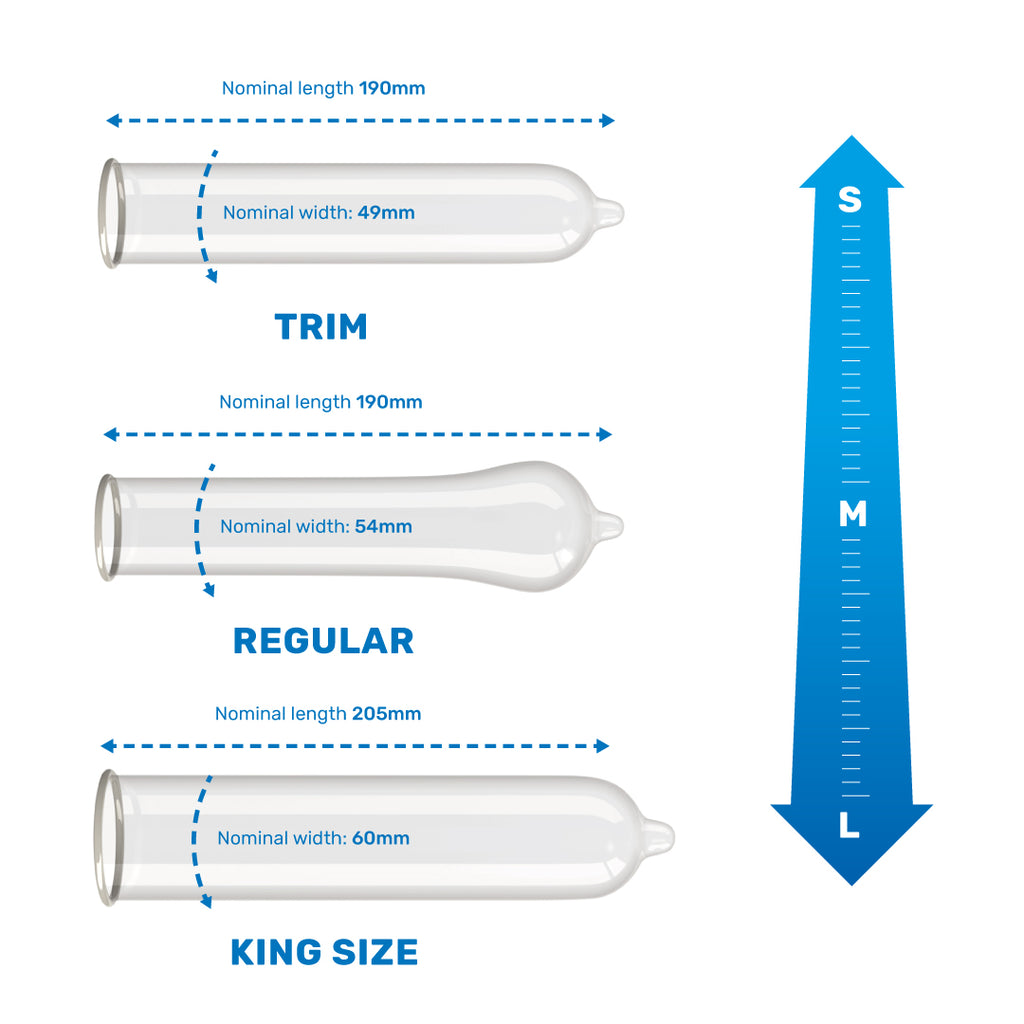
Sex Ed: How to have Safe Sex in a new Relationship
It’s a very exciting step in a new relationship to be thinking about having sex together, but how do you make sure it’s safe sex - and avoid the risk of catching sexually transmitted infections, HIV and reducing the chance of pregnancy?
You might have many questions, such as ‘when should I bring up having sex in a new relationship, how do I have safe sex in a new relationship, does safe sex feel good, when should you stop using condoms in a new relationship or whose responsibility is it to provide condoms?
Here we’ve answered these very questions - so you can go into your new relationship feeling confident and prepared.
When should I bring up having sex in a new relationship?
When in a new relationship, it’s important to have an open and honest communication with one another about sex. some people prefer to have this conversation at the beginning of a new relationship, while others might prefer to get to know each other first before feeling comfortable enough to have a conversation around safe sex. Ideally, this conversation should begin before you have any type of sexual activity.
It’s important to remember that everyone has different sexual needs and desires, so during the conversation around sex, make sure you are both respectful to one another and take the time to listen to each other's feelings. If you’re not sure how to bring up the topic of sex with your partner, you could start by asking questions like; how do they feel about sex? or is there anything they don’t like?
How do I have safe sex in a new relationship?
First off, you need to ensure that both you and your partner are ready to take the next step in your relationship - and this involves asking both yourself and your partner if it feels right.
Sex with a new partner doesn’t necessarily mean penetrative sex; it can include mutual masturbation, oral sex, foreplay, and so on… and the best way to ensure that you are both protected through any type of sexual contact is through wearing condoms. Condoms are what is called a barrier method of contraception - which means they stop sperm coming into contact with the vagina or anus - protecting you from sexually transmitted infections, HIV and reducing the risk of pregnancy. Condoms come in lots of different sizes, flavours and sensations - so depending on the type of sex you are looking at, there’s always a condom to help practise safer sex.
Does safe sex feel good?
Yes 100%. When you're feeling comfortable knowing that you are protected from both catching sexually transmitted infections and HIV while reducing the risk of pregnancy - you can both relax more, making sex together feel more pleasurable. Not only that, condoms, as well as lubricant, create new sensations and feelings - further increasing stimulation and pleasure.
When should you stop using condoms in a new relationship?
Deciding to stop using condoms in a new relationship is a decision that you and your partner need to come too together. For many people, condoms are a convenient, cost-effective and safe contraception to use, with no risk of side effects, so condoms become a normal part of your relationship. If you are thinking of stopping using condoms; consider the following two points;
- Have you both been recently tested for sexually transmitted infections? It’s recommended that you get tested annually, or after every new partner.
- Do you both know the risks of stopping using condoms? And the risk of contracting sexually transmitted infections, HIV and the chance of pregnancy. And are you both comfortable with this decision?
Whose responsibility is it to buy condoms?
Buying condoms is a shared responsibility, which means you and your partner are both responsible for ensuring you have condoms before you enter into any sexual intercourse. There’s a false myth that men are responsible solely for condom buying - but that’s not the case, women are also responsible for their own sexual health. Therefore, if you’re entering into a new relationship - buy condoms in advance - that way you know when the moment comes, you’re already prepared.





